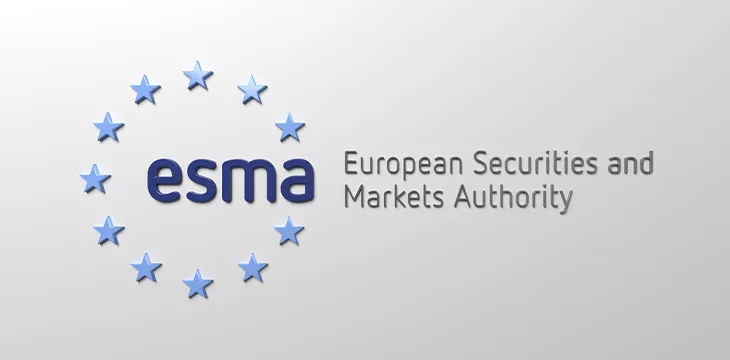|
Getting your Trinity Audio player ready...
|
The European Securities and Markets Authority (ESMA) said holders of digital assets in the European Union will not be protected under the bloc’s Markets in Crypto Assets (MiCA) regulatory regime until December 2024 at the earliest and potentially not until July 1, 2026.
ESMA noted that European digital asset investors will not benefit from the rights and protections of the new EU digital asset regulatory regime until at least December 2024.
The statement by ESMA, the top EU-wide financial markets regulator, was an update on the transition timeline for the bloc’s landmark MiCA regulation, of which ESMA is the primary rulemaking and oversight authority, in cooperation with national authorities.
“It is important for holders of crypto-assets and current or prospective clients of crypto-asset services in the EU to be aware that in addition to the risks inherent to crypto-assets, MiCA rules on the provision of crypto-asset services will not enter into application until December 2024,” said ESMA.
The regulator explained that until that time, digital asset holders will not benefit from any EU-level regulatory and supervisory safeguards or the recourse mechanisms built into the MiCA regulation, such as the ability to file formal complaints with national authorities against digital asset service providers.
In addition, “even after MiCA becomes applicable to crypto-asset service providers, Member States have the option of granting entities already providing crypto-asset services in their jurisdictions up to an additional 18-month transitional period during which they may continue to operate without a MiCA license.”
This means that holders of digital assets and clients of digital asset service providers “may not benefit from full rights and protections afforded to them under MiCA until as late as July 1, 2026.”
ESMA noted that during this transition period, local authorities will have limited powers to supervise unlicensed digital asset service providers, and in most cases, these powers “are confined to those available under existing anti-money laundering regimes, which are far less comprehensive than MiCA.”
The regulator was also keen to remind investors that MiCA does not address all of the risks associated with digital asset products.
“Many crypto-assets are by nature highly speculative,” warned ESMA. “Even with the implementation of MiCA, retail investors must be aware that there will be no such thing as a ‘safe’ crypto-asset.”
This is not the first announcement from ESMA this month as the agency gets to grips with its new responsibilities under MiCA, which came into force in June 2023.
On October 5, the ESMA released a second consultative paper on MiCA, seeking input on five sets of proposed rules, covering sustainability indicators for distributed ledgers; disclosures requirements; technical requirements for white papers; trade transparency measures; and record-keeping and business continuity requirements for digital asset service providers.
This was followed swiftly by two reports, published on October 11, one that warned of the “serious risks” decentralized finance (DeFi) poses to investors, including those related to decentralized exchanges and wash trading, and a second that outlined a methodology for categorizing smart contracts.
The regulator rounded off its latest statement by affirming that, along with national authorities across the bloc, it will continue pursuing initiatives to support and promote “supervisory convergence” during the MiCA implementation and transition period.
“Efforts will be devoted to developing common principles and best practices in preparation for the upcoming supervisory duties,” promised ESMA. “As well as building expertise on crypto market developments, including by engaging with the various crypto market participants and stakeholders.”
Watch: What’s next for digital asset exchanges & investment?

 02-16-2026
02-16-2026 




